| What an honour to be name-checked in Charli’s post introducing the latest flash fiction challenge on rethinking the hero’s journey. Having been obsessed with my reservations about this story structure in the past, and equally obsessed with recording random ideas for the blog, I went to my drafts folder to look for something I could revise. Step forward Unheroic characters, grief, ambivalence and mourning. Right, okay? Except I find I’m no longer so obsessed. Never mind, some of what I dictated so earnestly a couple of years ago can be salvaged. |
Welcome
I started this blog in 2013 to share my reflections on reading, writing and psychology, along with my journey to become a published novelist. I soon graduated to about twenty book reviews a month and a weekly 99-word story. Ten years later, I've transferred my writing / publication updates to my new website but will continue here with occasional reviews and flash fiction pieces, and maybe the odd personal post.
|
4 Comments
Creative Therapeutic Writing: Fictionalizing the Personal Story (a guest post by Monica Suswin)25/11/2019
Two novels in which a marriage of a twenty-something man and woman from superficially similar backgrounds shows early signs of strain. In the first, between Muslims in contemporary London, the politics of religion are problematic right from the start; in the second, life gets tough when a new mother follows her journalist husband to a posting in newly-independent Ukraine. All harbour secrets, communication suffers and trust is hard to find. But, with youth on their side, they’ll take something from the experience, whether or not the marriages survive.
Can you rewrite your own history and get away with it? That’s what Joseph Silk and Mary Holmes, lead characters in these two new novels, seem to have done. Both have been motivated to avoid traumatic memories – but there are consequences. In Joseph’s case, it’s been the impact on his family; in Mary’s, it’s a lifetime of guilt. Both novels feature a bond between young and old. Both address aspects of the Second World War: Joseph takes his suffering under Nazi-inspired racism in Hungary to his grave; far away in relatively safe Dorset, the backdrop of war pushes Mary to confess. Read my reviews and see whether you sympathise with the decisions they took.
Londoner Neve is married, New Yorker Andrea is single, but they’re both struggling with similar attachment issues. Both have tried and abandoned therapy, and not only because of complex relationships with their mothers. They’re both creative types, although Andrea has given up on her art. Two women in their thirties, I’d like to put them in a room together to see if that would emphasise their individual difficulties or they’d help each other out. Failing that, I’m relying on you to judge what they can tell us, either separately or together, about contemporary women’s lives.
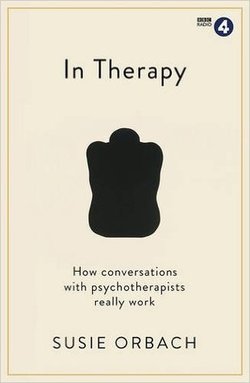 Psychotherapists face a dilemma when it comes to sharing the fruits of their discoveries with a wider public. The technical language, especially regarding psychoanalytic psychotherapy, which practitioners use to communicate between themselves, can be cumbersome, offputting and open to misinterpretation by the uninitiated. Case studies, such as those assembled by Steven Grosz, can be both extremely readable and illuminating, but they do present a problem of confidentiality: even when clients give their consent, some would question whether, within the power dynamics of the relationship, this can ever be freely given yet, the more the details are anonymised, the greater the potential distortion. Susie Orbach is a British psychotherapist, activist and writer who has done much to demystify psychoanalytic thinking (e.g. with several comment pieces in the Guardian, including this recent one on Brexit trauma). Her latest project, on which this short book is based, is a radio series mimicking the experience of the consulting room. 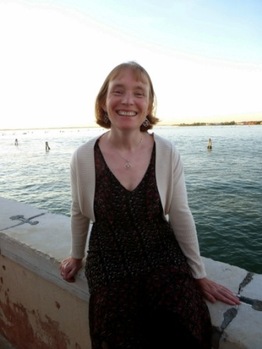 After proving such a generous host on my own long-distance blog tour, I’m delighted to welcome Kate to Annecdotal as she launches her second novel. Here she describes how she links creative writing and emotional healing. Read on and enjoy! I had been writing for over twenty years when the depression (which is a part of my make-up) overwhelmed me. Up until that point, I had been very focused on publication, writing feature articles and non-fiction copy for magazines, newsletters, annual reports and newspapers. I also had several unpublished novels. When the emotional and psychological crash came, I stopped writing. Life became an endless succession of treacherous puzzles and traps which I somehow had to work my way round. Picking up a hairbrush became an enormous act of will, never mind picking up a pen and doing something worthwhile with it. I felt very bleak and hopeless. I became inarticulate. When I went into therapy I would cry but I could not speak coherently. After several sessions, my therapist, probably out of exasperation, said, ‘You’re a writer, write and we can look at that.’  Out walking at the weekend, the latest post from Charli Mills was preying on my mind. She’s writing about feeling lost, and challenging us to write a 99-word story on the subject. I can do that, I think. Despite being trained in navigation, I often get lost out on the hills. But there’s another kind of lost that’s more than geographical; as a psychologist and writer, I’m interested in lost as a state of mind. I set out on Sunday in territory less familiar than my usual stomping ground, only intermittently checking my progress against the map. Avoiding a crowd of noisy cattle, I plunged through shoulder-high bracken, soaking my trousers with the residue of the previous day’s rain. I headed for a path I thought I recognised only to realise, ten minutes later, the rest of the topography didn’t fit. But I pressed on, seesawing between anxiety and excitement. I love discovering new corners of the landscape, finding enormous satisfaction in the moment when the strange intersects with the known. But there’s an edge of concern that I’ll delve too far into unknown territory, that I won’t make it back to base in time. As I mentioned on my recent post on Random Musings, I sometimes coordinate my blog posts with one of the international commemorative days dotted through the calendar. But, with a blog about reading and writing, seasoned with psychology, I do wonder about the legitimacy of made-up stories in amongst the true accounts of heroic attempts to tackle the issue of the day. Yet I’m convinced fiction has its place. By providing a safe space in which we can explore attitudes and motivations from which we might shy away in real life, fiction can help make sense of potentially overwhelming aspects of the human condition. So, for my first post for World Suicide Prevention Day, I’m exploring the portrayal of suicide in fiction. But if you’re looking for the facts and figures on suicide, or more direct strategies of prevention, click on the image for more information. While you’ll find a long list of fictional suicides on Wikipedia, I’m limiting myself to novels I’ve reviewed.
 I’ve recently dispatched the acknowledgements page to my publisher for my forthcoming novel, Sugar and Snails, in which I’m intending to thank my therapist. Given that I've decided not to name her, to protect the boundaries of our relationship, there might seem little point. Yet I couldn’t exclude someone who, despite not having read a word of the text, has made a significant contribution to the novel by safeguarding my sanity through the long process of writing and preparing for publication. Nevertheless, I do have some anxieties about flag-waving this contribution so blatantly, when it is my impression that the writing world is, at best, ambivalent and, at worst, hostile towards psychotherapy. It’s well over a year since a book of psychoanalytic case studies made the longlist for the Guardian first book award (even if, sadly, it didn’t progress any further). Stephen Grosz's The Examined Life reads like a short story collection, with lots to satisfy those attracted to serious fiction. Yet, only the week before the longlist was published, the same newspaper featured Charlotte Mendelson’s contribution to the Twitter fiction challenge, a neat cameo that works on the premise that therapy takes away one’s well-being. It seems a shame that many writers should share society’s unease about therapy when there’s so much overlap between the two endeavours. |
entertaining fiction about identity, mental health and social justice
Annecdotal is where real life brushes up against the fictional.
Annecdotist is the blogging persona of Anne Goodwin:
reader, writer, slug-slayer, tramper of moors, recovering psychologist, struggling soprano, author of three fiction books. LATEST POSTS HERE
I don't post to a schedule, but average around ten reviews a month (see here for an alphabetical list), some linked to a weekly flash fiction, plus posts on my WIPs and published books. Your comments are welcome any time any where. Get new posts direct to your inbox ...
or click here …
Popular posts
Categories/Tags
All
Archives
March 2024
BLOGGING COMMUNITIES
|
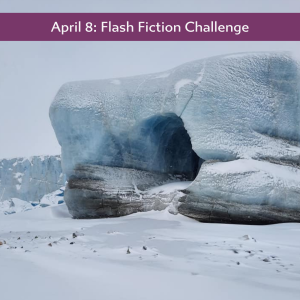

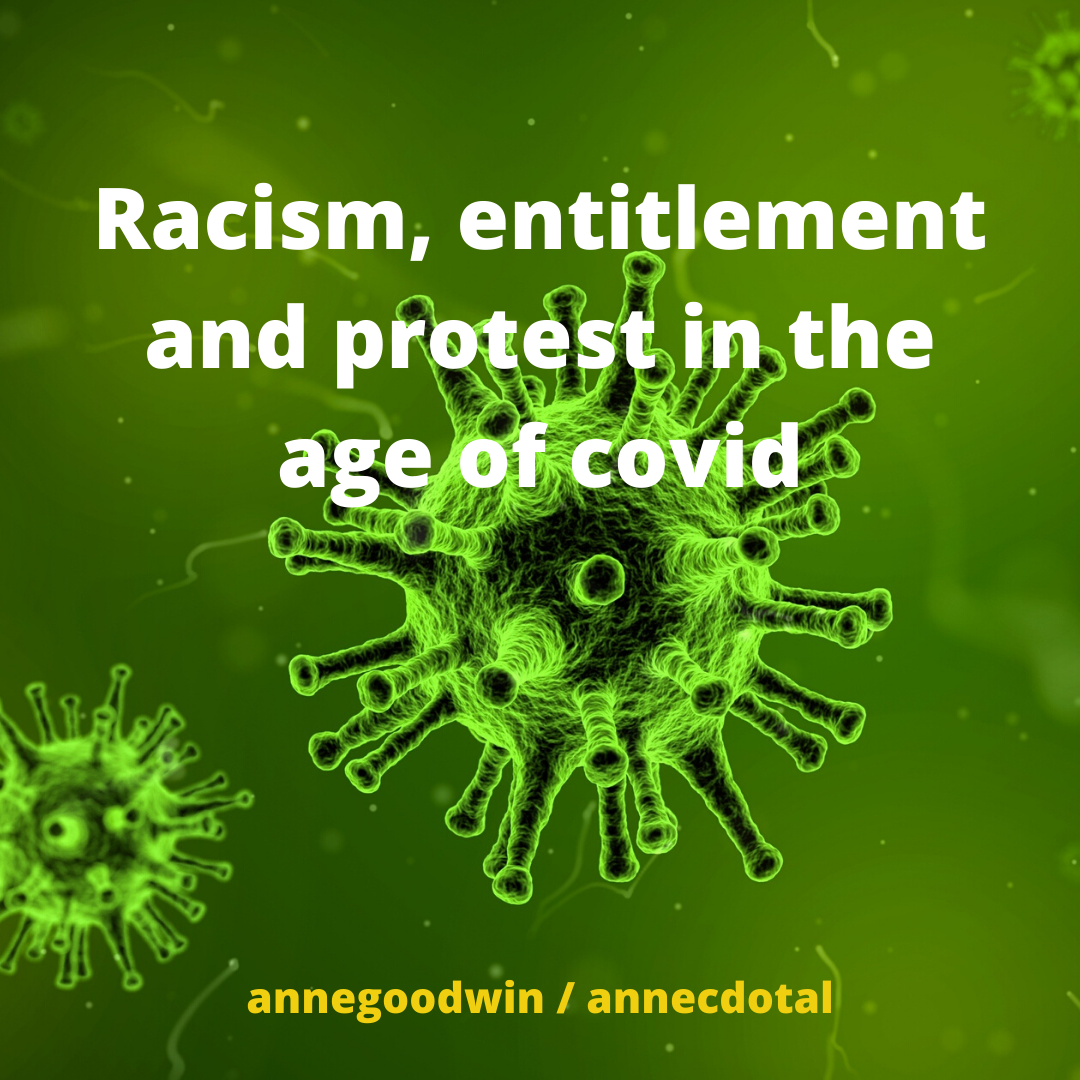
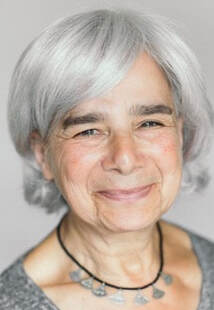
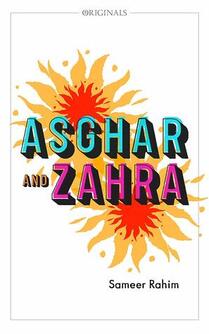
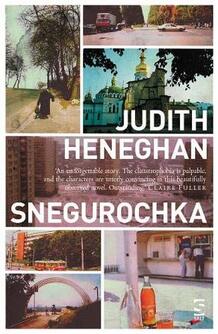
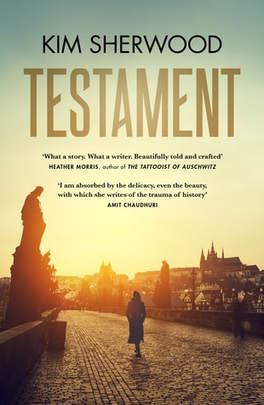
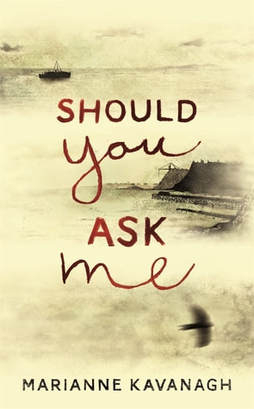
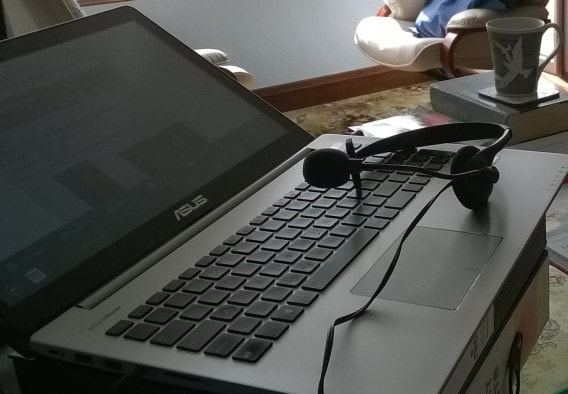
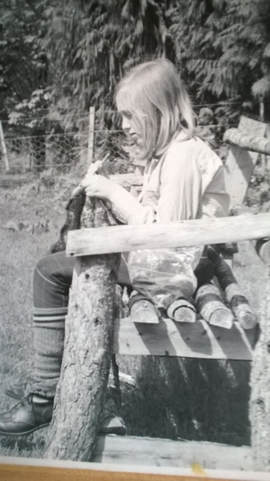
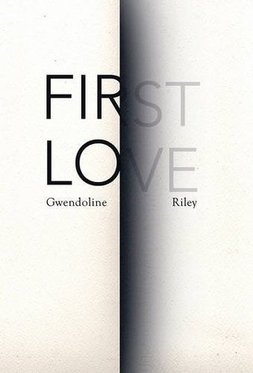
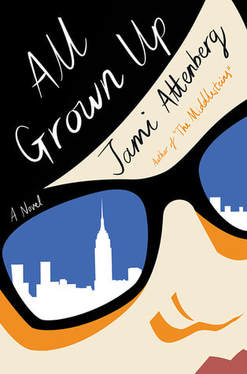
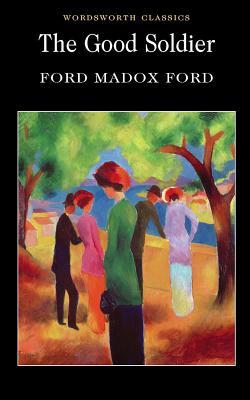
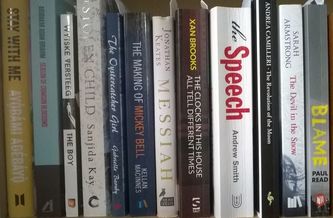
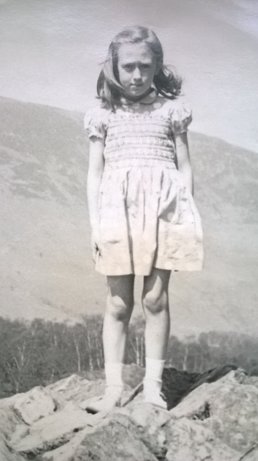
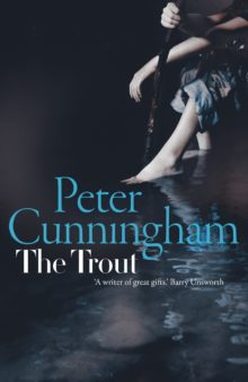






















 RSS Feed
RSS Feed





















